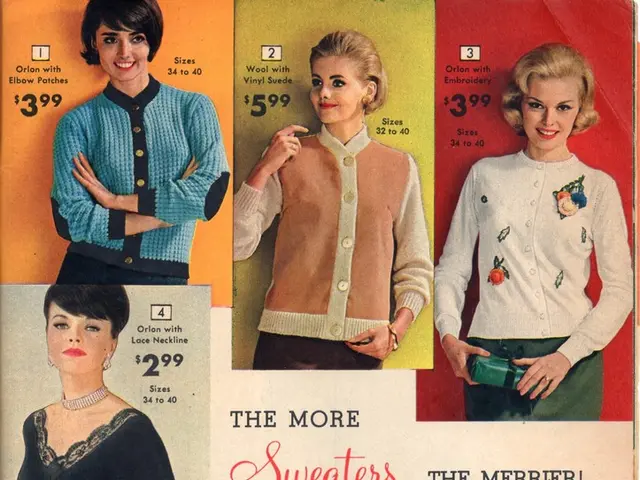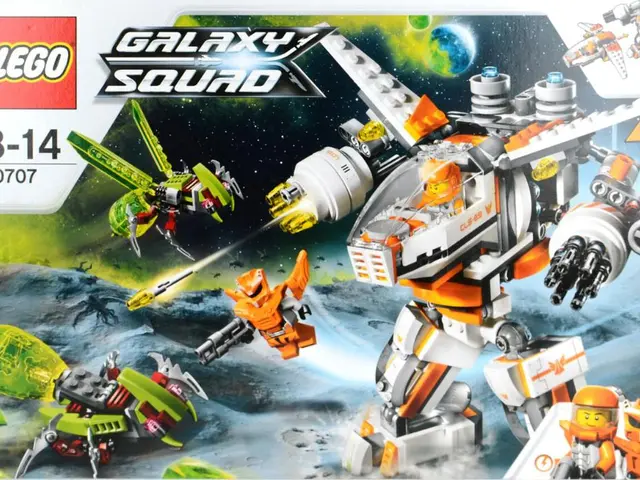Disney and Universal Studios File Copyright Infringement Lawsuit Against Midjourney AI
AI Firm Midjourney Accused of Copyright Theft by Disney and Universal
In a significant move, Disney and Universal have taken legal action against AI platform Midjourney, alleging copyright misappropriation of thousands of licensed images.
The 110-page lawsuit, as reported by The New York Times, accuses Midjourney of utilizing countless copyrighted images during the training process of its artificial intelligence model. Like open-source Stable Diffusion models, Midjourney generates intricate, prompt-driven images and videos by absorbing vast quantities of data.
Disney and Universal denounce Midjourney as a "copyright free-rider" and a "bottomless pit of plagiarism" in the lawsuit. The accusations echo rising criticism against AI companies, including Midjourney and ChatGPT's creator, OpenAI, for their internet scraping practices.
Media outlets such as The New York Times have continually filed similar lawsuits, claiming that AI tools can recreate licensed works and copyrighted materials without compensating the original creators.
Universal and Disney contend that Midjourney disregarded their appeals, focusing instead on enhancing its financial standing. The lawsuit states that the company amassed millions of subscribers and raked in $300 million last year alone.
However, The New York Times reports that Disney and Universal represent the first major Hollywood studios to assert that AI's success can mainly be attributed to the "theft" of copyrighted content. Both studios argue that such practices risk undermining the cornerstone of US copyright law, threatening the creative industries' foundations.
Kimberly Harris, NBCUniversal's executive president and general counsel, emphasized the value of creativity in a statement, asserting that the lawsuit aims to shield original creators and their investments.
Before filing the lawsuit, Disney and Universal reportedly sent letters to Midjourney's legal team to cease the alleged copyright violations. However, Midjourney is said to have remained unresponsive, continuously releasing new iterations of its model.
Horacio Gutierrez, The Walt Disney Company's senior executive vice president and chief legal and compliance officer, reiterated Disney's admiration for AI technology while expressing concern about the use of stolen material in its development.
"While we are optimistic about AI's potential to drive human creativity," Gutierrez said in a statement, "piracy is piracy, and its perpetration by an AI company does not alter the infringing nature of the act."
Although specific conflicts between Disney, Universal, and Midjourney might not be widely publicized, ongoing debates about AI-generated content and copyright issues in the entertainment industry persist. Companies are actively exploring methods to safeguard their intellectual property from potential AI misuse.
For the latest developments, keeping a close eye on legal news and advancements in the entertainment and AI sectors could offer valuable insights into any emerging disputes.
Technology companies like Midjourney are facing accusations of copyright infringement in the entertainment industry. Disney and Universal, in their lawsuit, allege that Midjourney's artificial intelligence model utilizes numerous copyrighted images, positioning the company as a "copyright free-rider" and a "bottomless pit of plagiarism."








